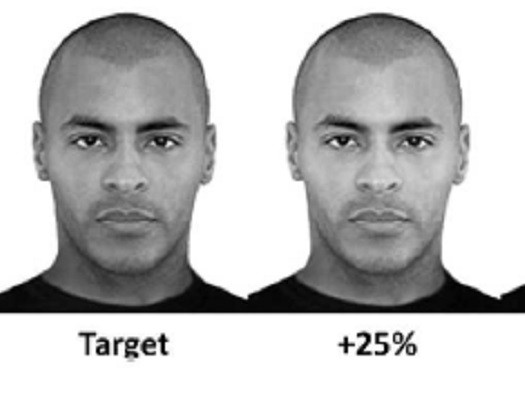Educated Black Men Remembered as Whiter has 'Grave Implications' for Society

Evidence of underlying cultural beliefs about race and intelligence has been uncovered by researchers, who found successful black men are often remembered as "whiter" than they actually are.
Published in the open access journal Sage Open, researchers found that cultural beliefs about race and intelligence are still rife, with authors saying their study has "grave implications" for current racial attitudes.
Lead researcher Avi Ben-Zeev, from San Francisco State University, said: "When a black stereotypic expectancy is violated - herein, encountering an educated Black male - this culturally incompatible information is resolved by distorting this person's skin tone to be lighter in memory and therefore to be perceived as 'whiter'."
The authors called the phenomenon, where black men associated with being intelligent are remembered as having lighter skin, "skin tone memory bias".
They conducted a two part experiment with 160 university students. In the first, participants were subliminally exposed to one of two words – ignorant or educated. This was immediately followed by a photograph of a black man's face.

At a later stage, participants were shown seven photographs that depicted the same face – the original, three with lighter skin and three with darker skin. They were then asked to pick which picture was the one they had seen originally.
Findings showed that participants primed with the word "educated" showed more memory errors in picking lighter skin-toned pictures than those who had subliminally seen with word "ignorant".
Ben-Zeev said: "Uncovering a skin tone memory bias, such that an educated Black man becomes lighter in the mind's eye, has grave implications. We already know from past researchers about the disconcerting tendency to harbour more negative attitudes about people with darker complexions (e.g., the darker a Black male is, the more aggressive he is perceived to be).
"A skin tone memory bias highlights how memory protects this 'darker is more negative' belief by distorting counter-stereotypic Black individuals' skin tone to appear lighter and perhaps to be perceived as less threatening."
© Copyright IBTimes 2025. All rights reserved.





















